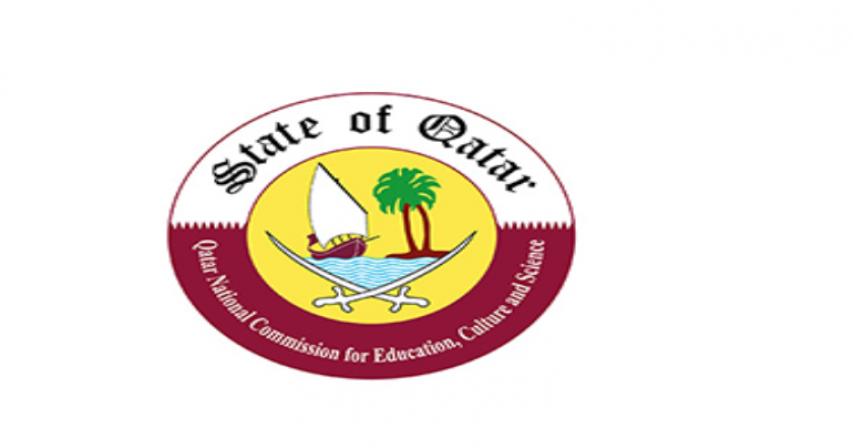Qatar National Commission for Education, Culture and Science (QNCECS) participated in the meeting of the National Committees of UNESCO on Africas priority and the Africa Week preparations, which was held virtually with the participation of the Secretary-General of Qatar National Commission for Education, Culture and Science, Dr. Hamda Al Sulaiti.
At the outset of the meeting, Chief of Section for Relations with Member States, Sector for Priority Africa and External Relations, Dov Lynch, expressed the importance of this meeting in highlighting the concerted efforts of UNESCO member states around the world to support the priority for Africa, extending his thanks to the national committees and national institutions that hav provided their work on this vital priority as an inspiration, and as an approach to raising the inter-regional exchange for cooperation and future initiatives.
For his part, Assistant Director-General for Priority Africa and External relations at UNESCO, Firmin Edouard Matoko, emphasized the recent activities undertaken in support of the priority for Africa, among which was the recognition of World Day for African and Afrodescendant Culture on January 24.
In a related context, Secretary-General of Qatar National Commission for Education, Culture and Science, Dr. Hamda Al Sulaiti, gave a presentation on activities to support priority for Africa for a global model of partnership represented by the Education Above All Foundation (EAA), indicating the relationship between the Foundation and the National Committee at the national level in presenting technical support and assistance for projects, and the mobilization of resources for that.
She highlighted the role of the Education Above All Foundation (a global foundation established by H H Sheikha Moza bint Nasser in 2012), which contributes to human, social and economic development by providing quality education, in addition to its contribution to meet the needs of children, women and youth affected by poverty, conflict and disasters and enabling them to become active members of their societies, explaining that this foundation is concerned with providing quality education to reach the most marginalized groups, just as it considered that partnership and cooperation are the only way to mobilize more interest, commitment and investment from governments, the private sector, institutions and individuals.

Comments